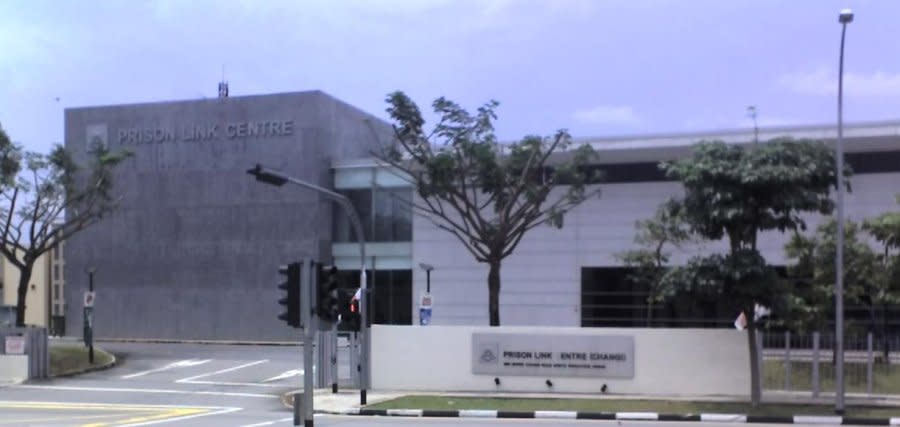Singapore executes first woman since 2004

July 28 (UPI) -- Singapore hanged a 45-year-old woman Friday on drug charges, the second person the city-state has executed for drug offenses this week and only the first woman since 2004.
Saridewi Binte Djamani, was executed at dawn after appeals against her 2018 conviction and sentence for trafficking heroin and a call for mercy were unsuccessful.
Singapore's Central Narcotics Bureau said she was accorded "full due process" and had legal representation throughout,
Saridewi was convicted of possessing slightly more than an ounce of pure heroin for dealing purposes, sufficient to supply around 370 drug users for a week, double the 0.5oz threshold at which Singapore imposes the death penalty.
Singaporean Mohd Aziz bin Hussain, who was executed Wednesday for trafficking 1.75oz of heroin, became the 14th person to receive the death penalty in Singapore since March 2022.
An appeal by Saridewi's lawyers against her conviction was dismissed in October as was a clemency petition to Singapore's female president, Halimah Yacob, the CNB said.
"Capital punishment is used only for the most serious crimes, such as the trafficking of significant quantities of drugs which cause very serious harm, not just to individual drug abusers, but also to their families and the wider society.
"Capital punishment is part of Singapore's comprehensive harm prevention strategy which targets both drug demand and supply," said the bureau.
However, Saridewi's execution was met with a storm of protest from human rights groups both locally and internationally calling it "unlawful" and attacking Singapore for being among only a handful of states, including China, Iran and Saudi Arabia, that continue to impose the death penalty for drug crimes.
The Singapore-based anti-capital punishment campaign group Transformative Justice Collective stepped up its calls for a pause as it confirmed another execution scheduled for Thursday of an alleged heroin courier.
"TJC condemns, in the strongest terms, the state's bloodthirsty streak. We demand an immediate moratorium on the use of the death penalty."
Amnesty International's Chiara Sangiorgio urged Singapore to abolish the death penalty, noting that two-thirds of countries have already done so.
"This week has cast a harsh and tragic spotlight on the complete lack of death penalty reform in Singapore as the Government carried out two unlawful drug executions, including of the first woman known to be executed there in two decades," Sangiorgio said.
"In the same week that Singapore unlawfully put two people to death, we see clear evidence of the irreversible trend to do away with this punishment which has no place in our societies, with Ghana the latest country to abolish the death penalty for most offenses."
Human Rights Watch said that despite the death penalty being "an inherently cruel and unusual punishment" that should be abolished, Singapore seemed to "positively relish these cases to demonstrate how hard they are on drugs."
"The bottom line is Singapore is simply underlining how completely out of the international mainstream they are on both the death penalty and human rights, which weakens their cause rather than strengthens it," HRW deputy Asia director Phil Robertson wrote in a Twitter post.

 Yahoo Finance
Yahoo Finance 